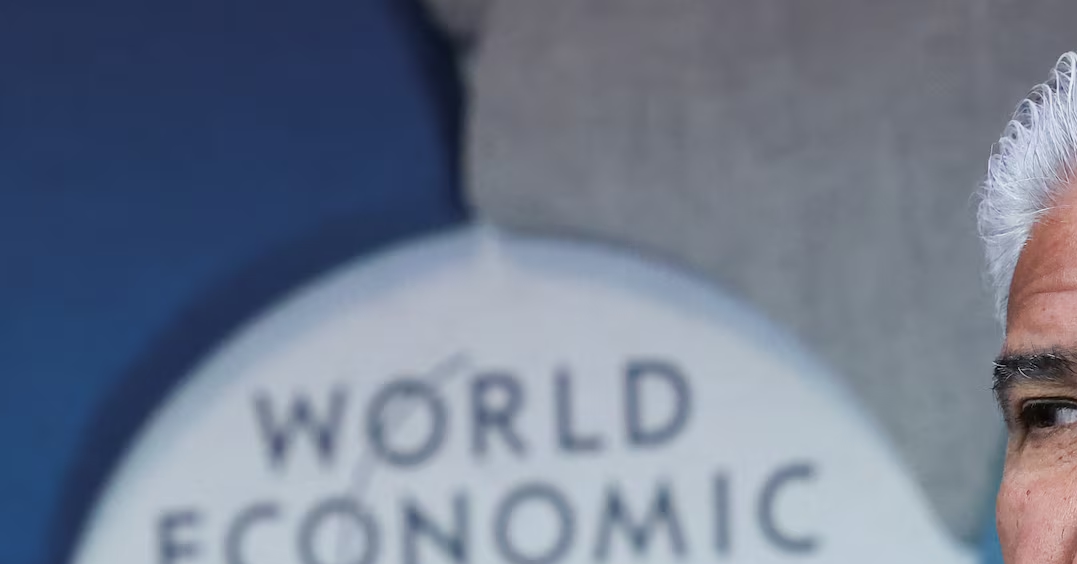DAVOS, Switzerland, Jan 22 (Reuters) – Panama’s President Jose Raul Mulino responded “be serious, be serious” on Wednesday when asked in Davos whether he was concerned the U.S. would invade after President Donald Trump said he would take back the Panama Canal.
Mulino declined to answer other questions after speaking on a panel session addressing Latin America’s “faultlines” at the World Economic Forum’s annual meeting in the Swiss resort.
In his inauguration speech on Monday that invoked the 19th century expansionist doctrine of “Manifest Destiny”, Trump repeated his aspiration that the United States would take back the canal, which is a key route for world shipping.
Trump gave no further details on when or how he intended to reclaim the canal – which is the sovereign territory of an ally – but has previously refused to rule out possible use of military force, drawing criticism from Washington’s Latin American friends and foes alike.
He also repeated previous accusations against Panama of breaking promises it made for the final transfer of the strategic waterway in 1999 and of ceding its operation to China, allegations the Panamanian government has vehemently denied.
Mulino said on X on Monday that Panama has administered the canal responsibly for world trade, including for the United States, and that it “is and will continue to be Panamanian”.
In the WEF session, Mulino repeated the government position, saying it rejected “in its entirety everything Mr Trump said, firstly because it was false and secondly because the Panama Canal belongs to Panama and will continue to belong to Panama”.
“The Panama Canal was not a concession or a gift from the United States,” he said, adding that it came into being through a series of treaties dating back to 1903.
The United States largely built the canal and administered territory surrounding the passage for decades.
But the U.S. and Panama signed a pair of accords in 1977 that paved the way for the canal’s return to full Panamanian control. The United States handed it over in 1999 after a period of joint administration.
Sign up here.
Reporting by Alexander Smith and Cecile Mantovani; Additional reporting by Marta Fiorin; Editing by Alex Richardson
Our Standards: The Thomson Reuters Trust Principles.
